New oratorio about Jewish refugees to make global debut in the city, Xu Xiaomin reports.
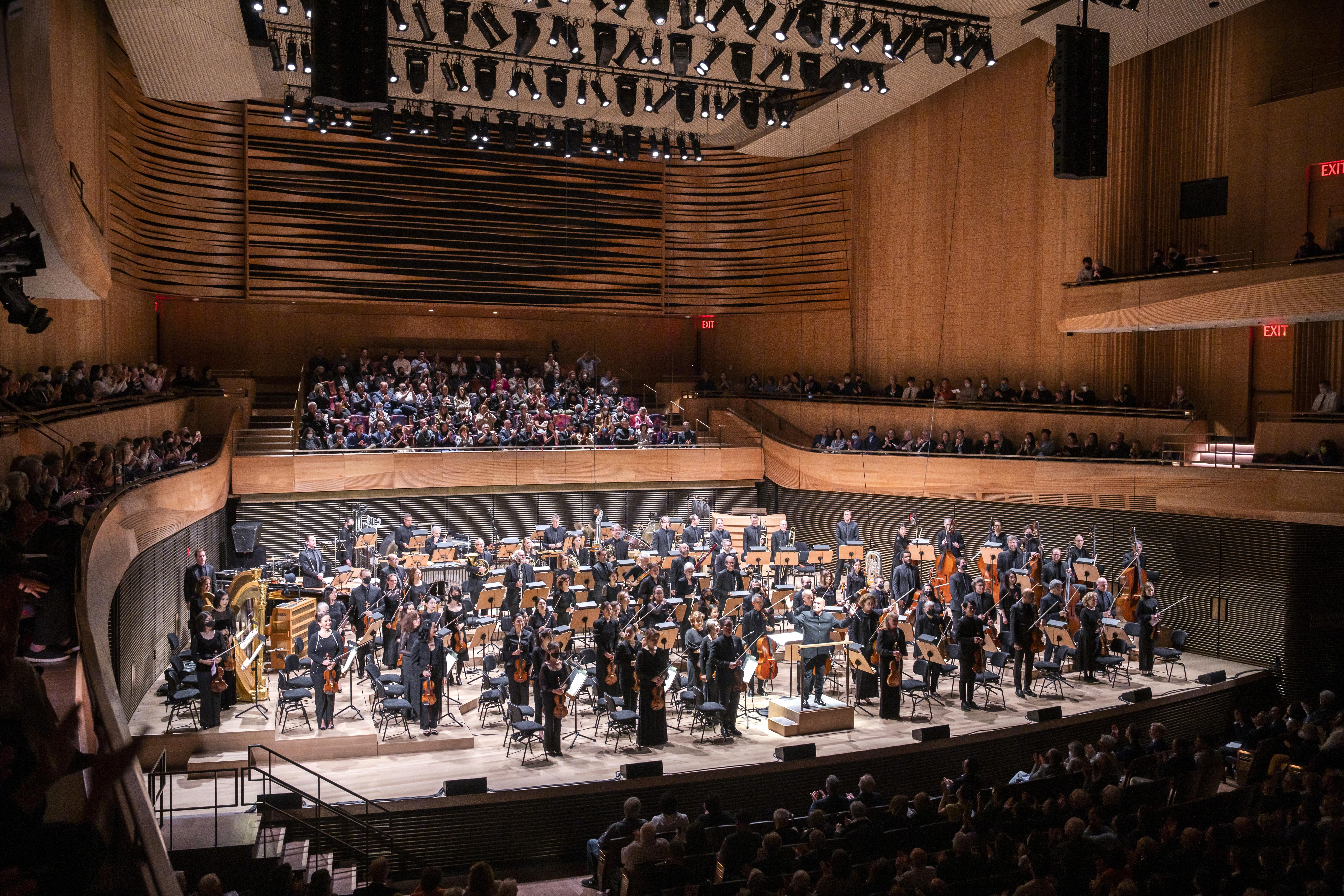 The New York Philharmonic will perform Emigre, an oratorio telling the story of exiled Jewish refugees in Shanghai, at the David Geffen Hall, in New York's Lincoln Center, in February. (PHOTO PROVIDED TO CHINA DAILY)
The New York Philharmonic will perform Emigre, an oratorio telling the story of exiled Jewish refugees in Shanghai, at the David Geffen Hall, in New York's Lincoln Center, in February. (PHOTO PROVIDED TO CHINA DAILY)
Produced by a group of top-level international musicians, an oratorio telling the story of exiled Jewish refugees navigating their new life in Shanghai during World War II will have its global premiere in the city this November.
Maestro Yu Long, the Shanghai Symphony Orchestra and the New York Philharmonic have jointly commissioned the oratorio titled Emigre, composed by award-winning musician Aaron Zigman.
The lyrics are by Pulitzer Prizewinning librettist Mark Campbell and songwriter Brock Walsh.
The oratorio will premiere on Nov 17 at the Jaguar Shanghai Symphony Hall before making its US premiere in the David Geffen Hall at the Lincoln Center in New York on Feb 29.
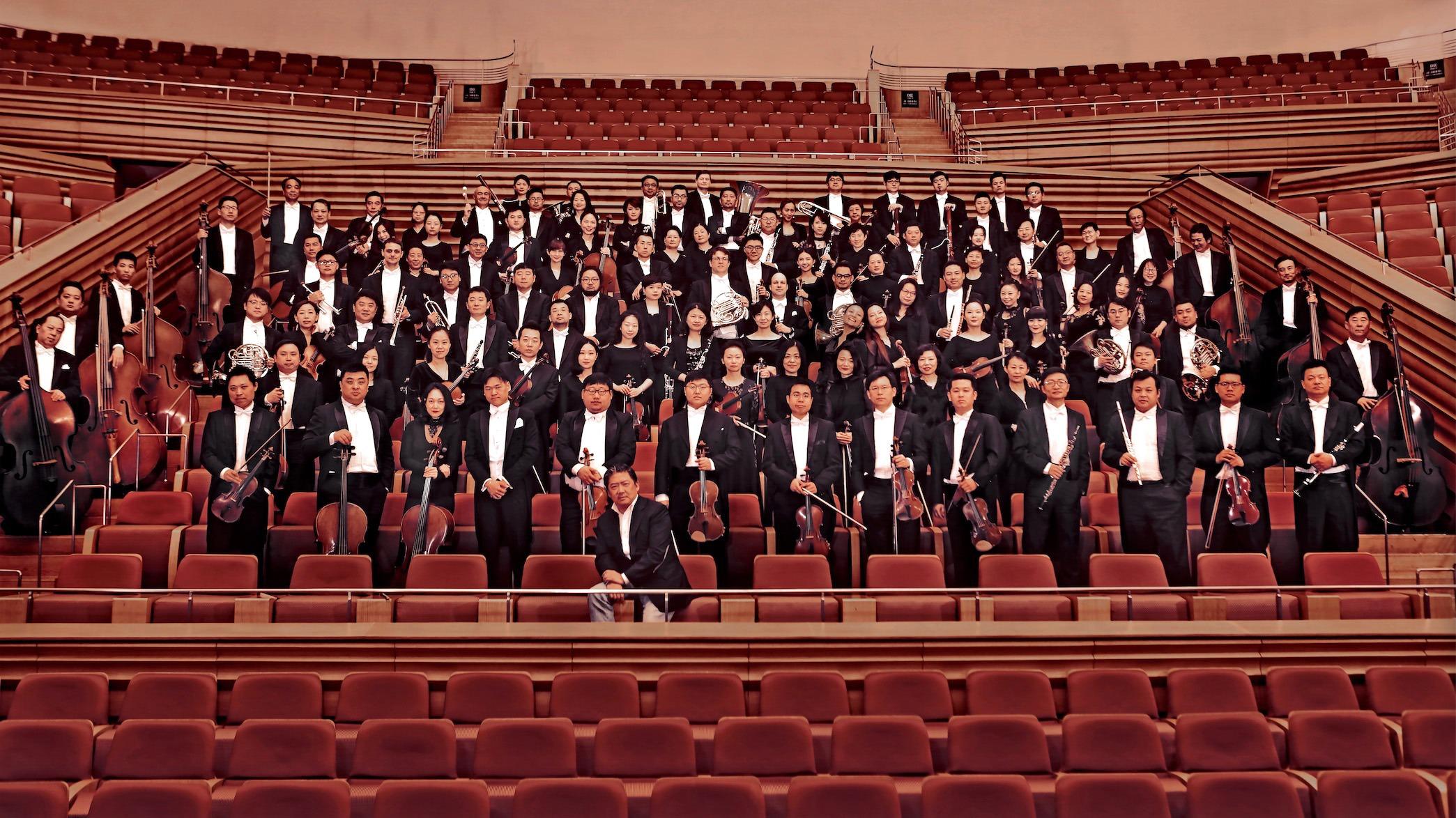 The Shanghai Symphony Orchestra will present the work at the Jaguar Shanghai Symphony Hall in November. (PHOTO PROVIDED TO CHINA DAILY)
The Shanghai Symphony Orchestra will present the work at the Jaguar Shanghai Symphony Hall in November. (PHOTO PROVIDED TO CHINA DAILY)
The idea for the production came from Yu, music director of the Shanghai Symphony Orchestra, who spoke to Zigman about it at the beginning of 2020 in New York. Both of them then agreed to produce a work to commemorate this moving moment in history.
In the late 1930s, many Jews fled to Shanghai to escape the Nazis in Europe as most countries were limiting Jewish migration or had closed their doors completely. The free port of Shanghai opened its doors to about 20,000 Jews despite suffering the atrocities of Japanese invaders at the same time.
This act of kindness led to many Jews dubbing Shanghai "the Noah's Ark of the Orient".
"When I first read about the history many years ago, I took a huge interest in it," said Yu during a news conference on July 6. "As a Shanghai native, I feel so proud of the city."
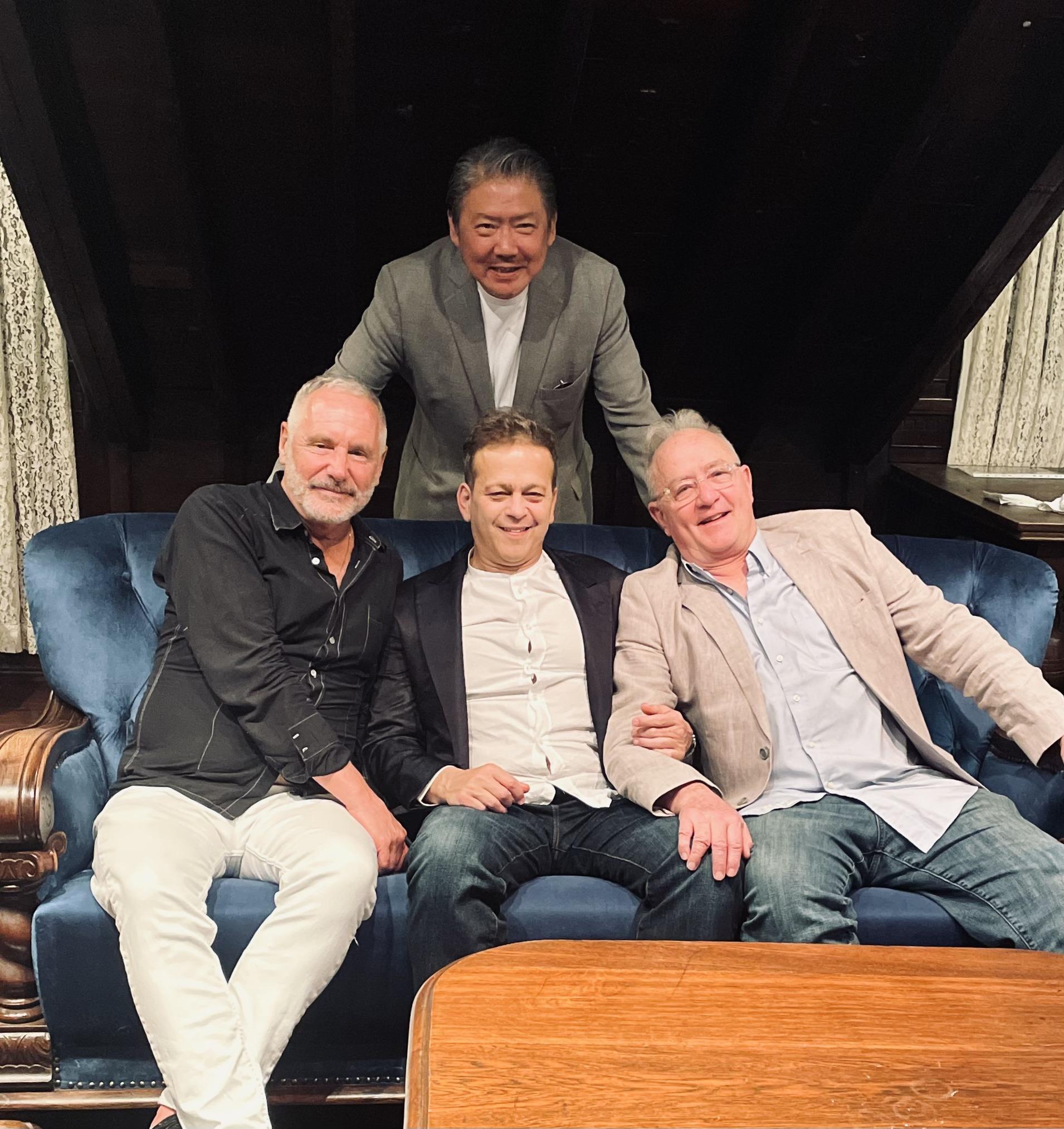 Maestro Yu Long (back) poses with (from left, front) librettist Mark Campbell, composer Aaron Zigman and songwriter Brock Walsh. (PHOTO PROVIDED TO CHINA DAILY)
Maestro Yu Long (back) poses with (from left, front) librettist Mark Campbell, composer Aaron Zigman and songwriter Brock Walsh. (PHOTO PROVIDED TO CHINA DAILY)
Zigman said that the production holds a special meaning for him.
"If not for Shanghai and the good will of the people of China, some of my ancestors and someone very close to me would have perished at the hands of the Nazis during World War II," says the American composer, who has written scores for films and TV shows including The Notebook and the Sex and the City franchise.
The musicians took more than three years to complete the oratorio. Unlike operas, oratorios usually have minimal visual and production elements such as action or scenery, and have a stationary chorus, soloists, a large orchestra and text that explores more universal ideas than dramatic specifics.
The 90-minute Emigre, spread over two acts, tells the story of two Jewish brothers who have to navigate through their new lives after arriving in Shanghai in 1938 as refugees. The musical work, according to Yu, is aimed at sending a message that the "survival of a race depends on diverse communities learning to embrace a shared humanity".
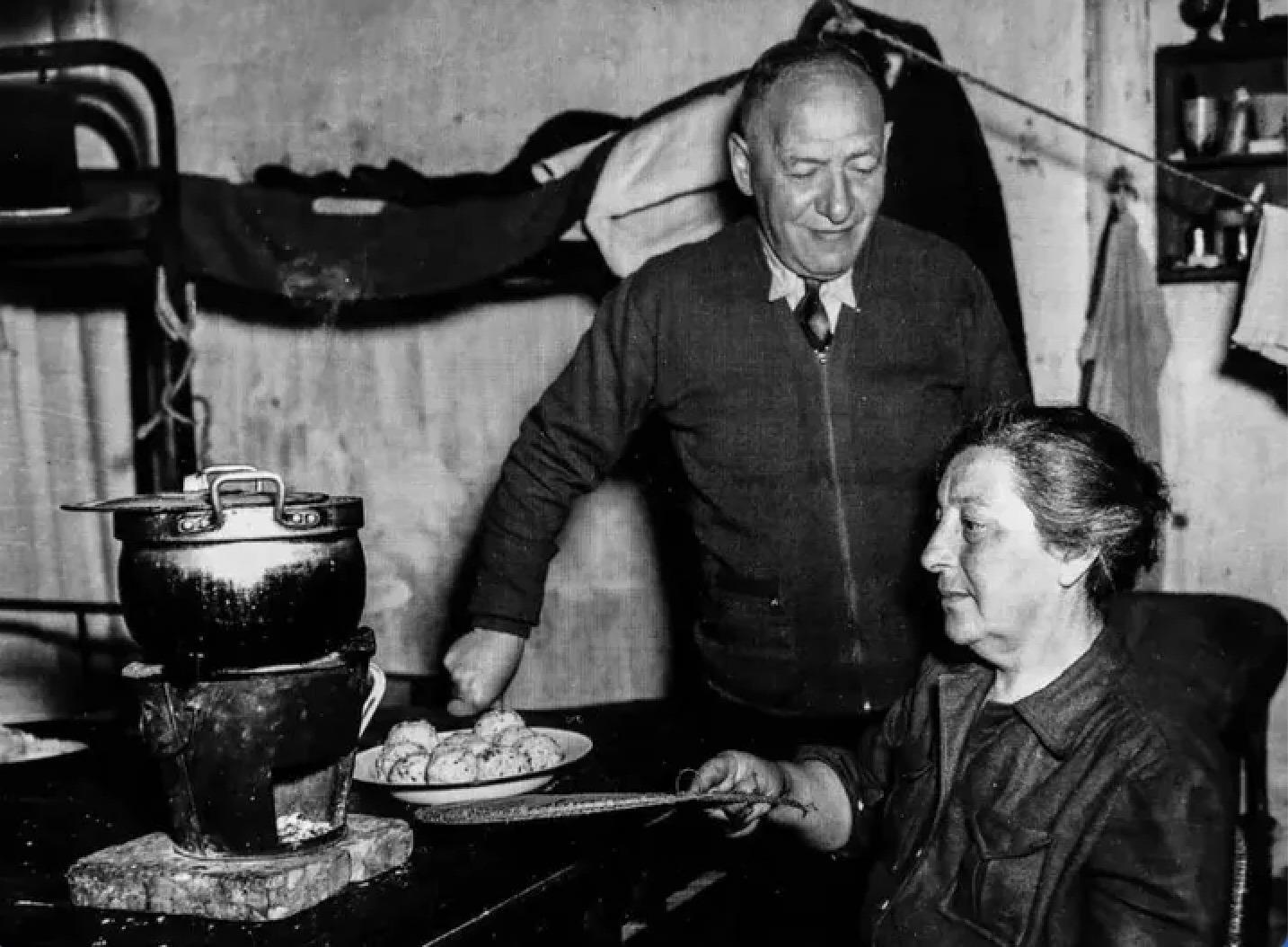 Photo of Jewish refugees in Shanghai. (PHOTO PROVIDED TO CHINA DAILY)
Photo of Jewish refugees in Shanghai. (PHOTO PROVIDED TO CHINA DAILY)
There are 17 songs in Emigre, including A Woman's Hands, In a Perfect World, Through a Window, and Shanghai. The work is sung in English, as the group believes the language would allow for it to be promoted around the world, Yu adds.
"The Chinese and the Jewish both faced similar types of persecution before and after the war, and that in itself always made me feel that the telling of this story in some way with music would be important. As such, I chose the idea of a multicultural love story to bridge the divide," says Zigman.
Jewish artists have been involved a lot in the music scene in Shanghai.
Among the many Jewish people who sought refuge in Shanghai, more than 400 were musicians, according to the records of the Shanghai Jewish Refugees Museum. These musicians not only brought Hebrew-Yiddish music to the city, but also cabaret, jazz, pop music, classical music, musicals and light operas that enriched the city's musical scene.
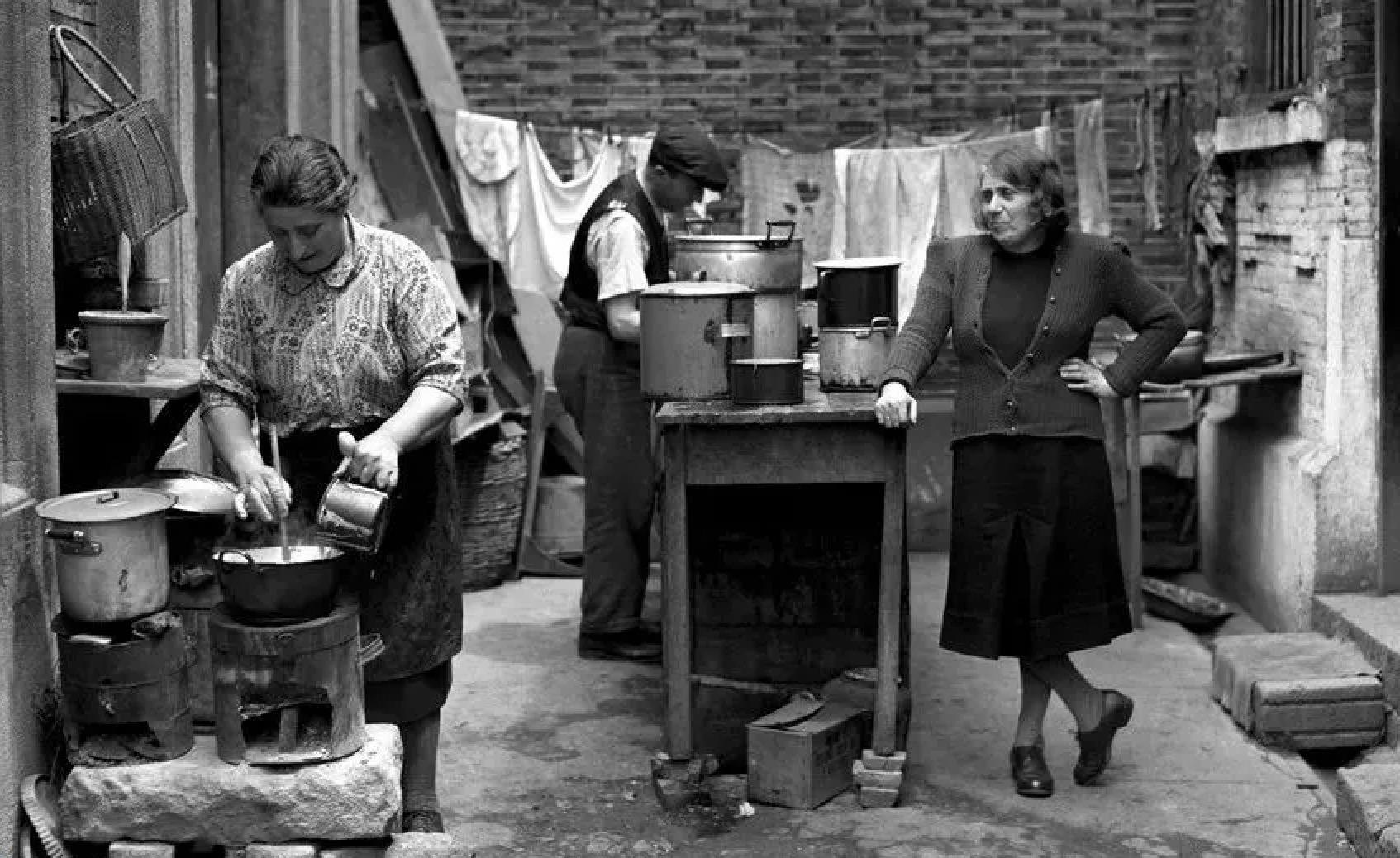 Photo of Jewish refugees in Shanghai. (PHOTO PROVIDED TO CHINA DAILY)
Photo of Jewish refugees in Shanghai. (PHOTO PROVIDED TO CHINA DAILY)
In fact, Jewish musicians played a pivotal role in building the Shanghai Municipal Orchestra, which is today known as the Shanghai Symphony Orchestra. They also contributed to the development of the National Conservatory of Music, now known as the Shanghai Conservatory of Music.
Some of the most talented Jewish musicians joined the symphony orchestra shortly after they arrived in Shanghai and helped train many talented Chinese musicians such as Sang Tong and Ding Shande, who later became big names in China.
All the musicians involved in Emigre agree that the production not only records a piece of history, but is also of special significance in today's world.
"The Jewish and Chinese overcoming those hard times reflects the inclusion that crosses cultural borders, races and religions. Today's world needs more understanding and inclusion," says Yu, referring to the ongoing conflicts of values in the post-pandemic world.
Gary Ginstling, president and CEO of the New York Philharmonic, says he believes the new oratorio will resonate with audiences.
"The world is one big house. I think that the writers being able to write such an amazing story with so few words tells us the power of this story. It celebrates people of Shanghai who were so great," he says.
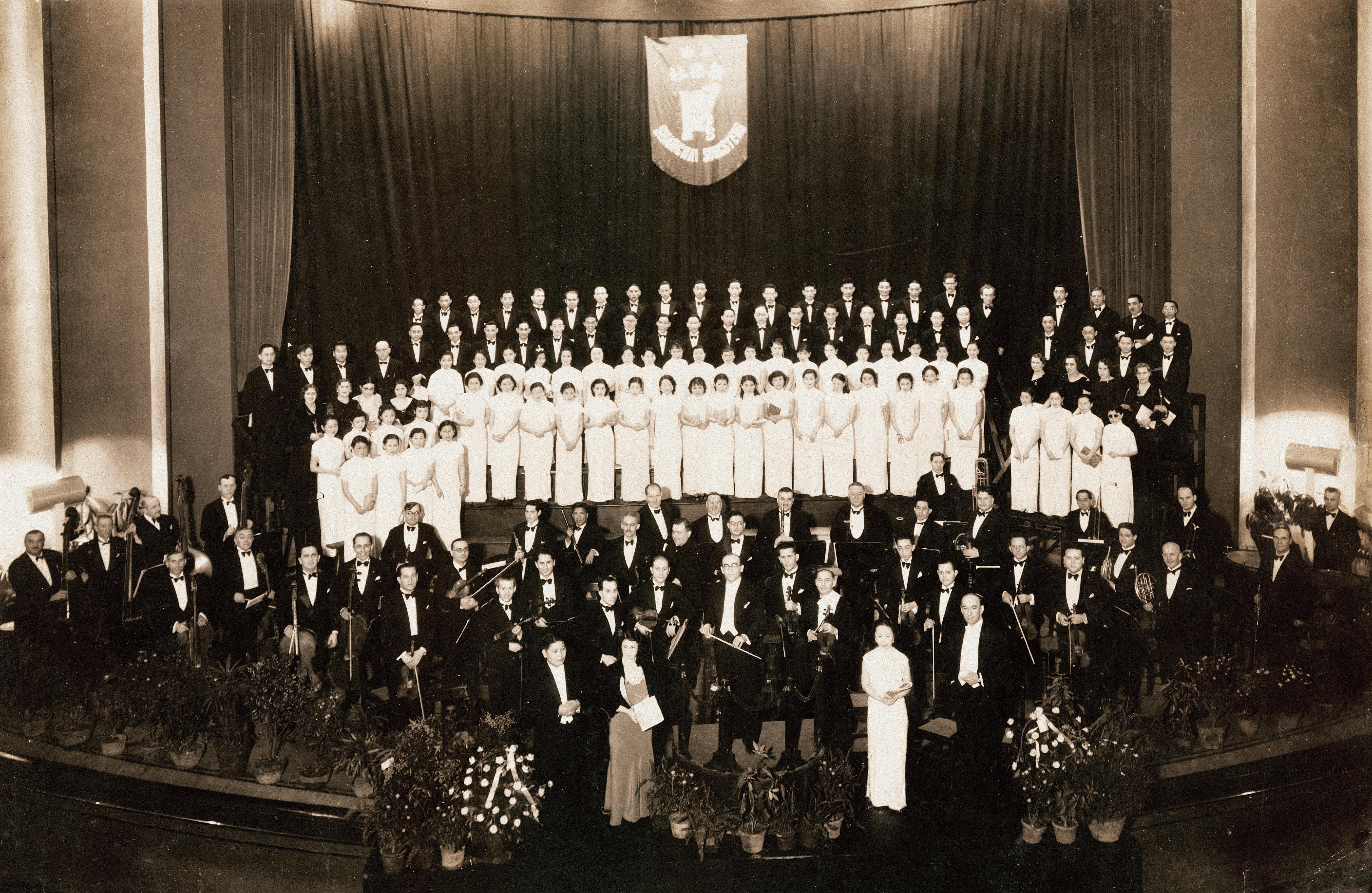 Beethoven's Ninth Symphony was performed by the Shanghai Municipal Orchestra at the Grand Theatre in 1941. (PHOTO PROVIDED TO CHINA DAILY)
Beethoven's Ninth Symphony was performed by the Shanghai Municipal Orchestra at the Grand Theatre in 1941. (PHOTO PROVIDED TO CHINA DAILY)
The cast for the November premiere will feature Ben Bliss and Arnold Livingston Geis as the two brothers, as well as Shen Yang, Zhang Meigui, Andrew Dwan, Zhu Huiling and Diana Newman. The same cast will be performing in New York, where Yu will be conducting the New York Philharmonic.
The recording of the oratorio, which will be done by Deutsche Grammophon, is expected to be released in February next year.
The Shanghai Symphony Orchestra will perform the oratorio at the 2024 Beijing International Music Festival, while the Deutsches Symphonie-Orchester Berlin will perform the work in 2024. The Hong Kong Philharmonic Orchestra will then perform the work in 2025.
The schedule for international performances in countries including the United Kingdom will be announced in the near future.
Wu Zongfang contributed to this story.
Contact the writer at xuxiaomin@chinadaily.com.cn


